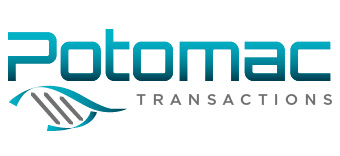
A healthcare specialist, Vivalto Partners had, until now, not entered the highly dynamic dietary supplements market. The management company, founded by Daniel Caille, is addressing this gap by becoming the majority shareholder of Sfan, a manufacturer of liquid supplements.
“Products in this market sometimes have relatively short lifespans, often driven by trends around certain ingredients,” explains Sébastien Alauzet, partner at Vivalto Partners. “It therefore seemed more relevant to us to enter this business through a manufacturer with a diversified offering rather than through a brand.”
Following a process led by Potomac and involving both financial and industrial players, the fund has acquired around 60% of the capital from CEO Michel Brémont. The Normandy-based company is valued at just over €55 million, according to a figure reported by L’Informé and confirmed by CFNEWS. Senior debt, with leverage estimated between 3 and 4 times EBITDA, is provided by Crédit Agricole Normandie, Société Générale, and BNP Paribas.
Diversifying the Product Offering
Founded in 1958, the lab was acquired by chemist Michel Brémont in 2015 as part of a court-supervised restructuring. Historically focused on veterinary products, the company pivoted toward dietary supplements, specializing in liquid forms.
“Few players truly master liquid galenic forms, which are considered the most complex. In each European country, only a handful of laboratories possess this level of expertise,” note Sébastien Drouot and Thomas Méléard, partners at Potomac.
With a team of around 40 employees, Sfan supports laboratories and brands throughout the entire process — from product design and ingredient sourcing to regulatory compliance and manufacturing. Based in Rânes, in the Orne region of Normandy, the company has seen annual growth of over 10% and now generates between €10 and €15 million in revenue — more than double its 2018 turnover of €5 million.
To continue this growth trajectory, Sfan plans to strengthen its sales team and invest in its industrial capabilities, while also exploring external growth opportunities.
“Acquisitions could either strengthen the company’s position in liquid formats — perhaps through the acquisition of a European peer — or expand its expertise into solid forms,” adds Sébastien Alauzet.


